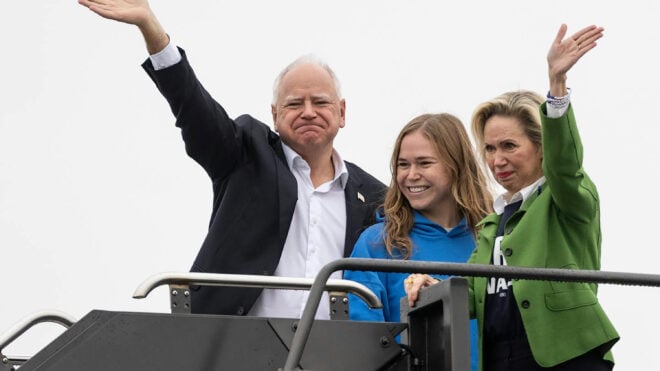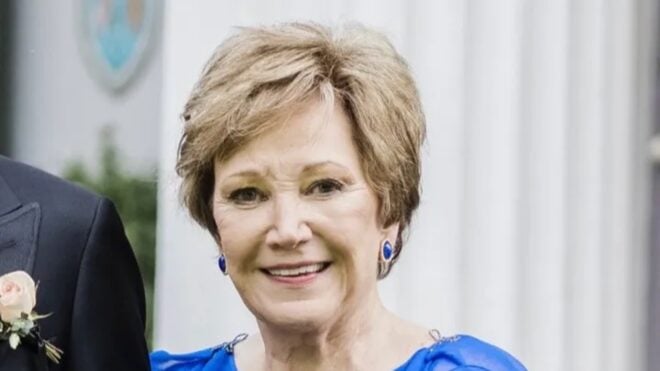Kate Middleton made a rare outing on Wednesday to reflect on an emotional cause.
Kate visited the Institute of Reproductive and Developmental Biology at Imperial College London. The visit came during Baby Loss Awareness Week. The week aims to provide connection, recognition, and commemoration for bereaved parents.
Kate met with the team of Tommy's, a charity that helps to fund research into the causes of baby loss. She learned about research work into miscarriage, stillbirth, and premature birth. The Duchess of Cambridge also met with families who had experienced baby loss firsthand. The day's events appeared quite meaningful to her.
Much of Kate's work has been in the area of the early childhood experience for children. Naturally, the reason behind why some children don't make it to experience early childhood at all would be of importance to her. As her Early Years Initiative continues, it seems that Kate is deeply immersed in how this experience can pan out for families from all walks of life.
Kate Middleton made a surprise visit on Wednesday for an important cause. The Duchess of Cambridge visited the Institute of Reproductive and Developmental Biology at Imperial College London. There, she met with researchers working on baby loss and families who had experienced it, during Baby Loss Awareness Week.
Baby Loss Awareness Week aims to provide connection, recognition, and commemoration for bereaved parents. A quarter of parents in the UK suffer baby loss during pregnancy or birth. Kate met with Tommy's, a charity that helps to fund research into the causes behind baby loss.
At the Imperial College, Kate met with families who shared their experiences of baby loss and the lasting impact it has had on their lives. She also spoke with staff from Tommy's and another charity, Sands. Both charities provide support to bereaved parents.
Staff members told Kate about the importance of emotional support for bereaved parents. They noted how the whole family is affected and that practical help is provided for everyone. The support makes all the difference in a time of great emotional duress.
Kate spoke with a specialist midwife, who is trained to help mothers through the traumatic time of having a stillbirth. One of the midwives had experienced a stillbirth herself. She trained to help other women through that time after being inspired by how her own midwife cared for her.
That woman was Clare Worgan. Clare told the duchess that she spent three days in hospital after her daughter Alice was stillborn in September 2017.
"We spent those three days cramming in a lifetime's worth of memories," she said.
"When she was born, she was absolutely perfect. Her birth was literally the best thing that ever happened to me. And also the worst thing that ever happened to me."
"When we went home our lives had been turned upside down. We had been devastated," Clare noted. She had been a project manager for a firm of civil engineers, but she went back to university and trained as a midwife.
"It's so brave of you to be able to talk so openly," Kate commended Clare.
"A lot of the research, a lot of the support for organizations, is being driven by parents who have been through this experience, and want to help others. It is so inspirational."
The families Kate met with have experienced the happiness of a child again. Their children were there with him and also spent some time with Kate. They had all been born thanks to specialist care at Tommy's research clinics.
Tommy's doesn't stop at fundraising research. It also provides women support at every stage of their pregnancy journey with expert information and care.
Kate also met with medical experts. She was able to learn about their groundbreaking work understanding the science behind why stillbirths and premature births happen and what can be done to prevent them.
The research center is also conducting trials. Those that are currently taking place aim to better understand the risks of the coronavirus to pregnant women and their babies.




